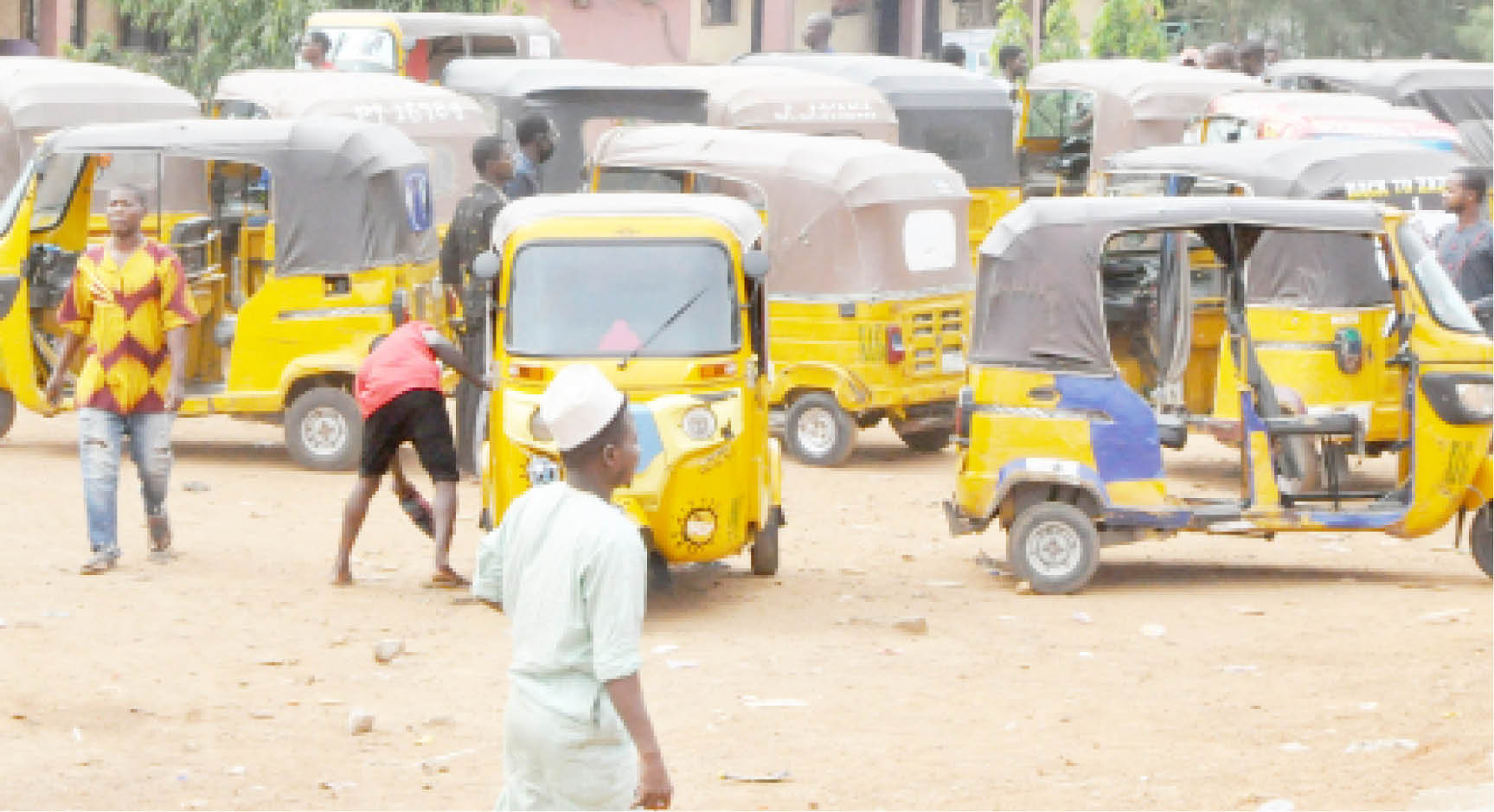Ayo is a young woman in her thirties whose major complaints are headaches. She has been seen repeatedly in the GOPD, Neurology and ENT clinics for what we diagnosed as sinus headaches. The headaches were often accompanied by nasal blockage and sometimes redness of her eyes. Ayo had no pets and, on our advice, had cleaned all the curtains in her apartment. There was no mould, and she regularly wore a facemask. She was on several medications for her symptoms, but they only alleviated her pain for some time. Ayo would come regularly every two months for follow-up visits and a refill of her medication.
And then she defaulted.
I thought she had finally given up on us until she came in after a year of absence. Gone were the swollen eyes and dour expression associated with her headaches. She smiled at me cheerfully and exclaimed: ‘My headaches have disappeared!’
The reason was simple; Ayo had travelled. Her older sister delivered a baby in the US and asked Ayo to come and help out. A few months after she arrived Ayo realised that she had not had headache in over a week. Throughout her ten-month stay, she did not experience her typical headaches and did not need to take medication. She had just returned to Nigeria two weeks ago with the question – ‘Was she cured?’
I discussed with a colleague in ENT and his response was ‘It’s those damn tricycles Fatima. They are worsening the air pollution and making us all sick. The change in environment reduced her exposure to allergens and pollutants but now that she is back, I can bet my next paycheck that her symptoms will return’.
Turns out he was right. Six weeks later, Ayo’s headaches returned with a vengeance.
Tricycles in Nigeria were given the name “Keke NAPEP” in 2001 when the National Poverty Eradication Programme (NAPEP) distributed 2,000 imported tricycles to unemployed young individuals in Abuja. The introduction of Keke NAPEP was motivated by several factors, including a stagnant economy, high vehicle acquisition costs, a weak transportation system, high unemployment rates, and a desire to alleviate poverty by empowering young people.
Keke NAPEP has now become a widely used means of transportation in Nigeria, particularly in northern Nigeria where they have replaced motorbike taxis, commonly known as ‘Okada’ or ‘Achaba’. They are favoured due to their affordability, manoeuvrability, ability to navigate poorly maintained roads, and the convenience of door-to-door service. Moreover, they are regarded as safer and more comfortable than motorcycles.
I understand that the Nigerian government wanted to help its citizens by copying what was done in India- but are the tricycles safer? The argument that they are safer in terms of being less accident prone can be over-ridden by the disastrous air pollution that they have caused.
Everyday people come to the clinics and emergency departments with mild to moderate respiratory symptoms- cough, runny nose, shortness of breath, chest tightness, headaches and light-headedness. We treat and we treat, and we treat. Yet, they keep returning with symptoms worse than before.
The WHO data shows that almost all of the global population (99%) breathe air that exceeds WHO guideline limits and contains high levels of pollutants with (no surprise) low- and middle-income countries (LMIC) suffering from the highest exposures. Ambient (outdoor) air pollution in both cities and rural areas is causing fine particulate matter which results in strokes, heart diseases, lung cancer, and acute and chronic respiratory diseases.
In most cars and tricycles, combustion of fuel is incomplete, resulting in the creation of a variety of gaseous, liquid, and solid chemicals such as nitrogen oxide (NO2), carbon monoxide (CO), ozone, and sulphur dioxide (SO2). Additionally tricycles on the road are old and poorly maintained, and in developing countries like Nigeria, transportation regulations are either non-existent or ineffective. Such a scenario results in high levels of traffic congestion as well as traffic-related ambient air pollutants, which have been shown to account for up to 90–95 percent of ambient CO, 80–90 percent of NO2, SO2, hydrocarbons, and particulate matter in other developing countries in Sub-Saharan Africa and other parts of the world. The rise in tricycle ownership in the city, particularly the popular “tokunbo” keke (with highly inefficient combustion engines) has exacerbated the situation. According to a study conducted in Kaduna and Abuja, districts with considerable traffic congestion had a greater CO2 concentration. They found compelling evidence relating higher atmospheric carbon concentrations to more congested areas such as Kubwa, Deidei, Dutse, Maraba in Abuja as well as Kaduna metropolis.
The ambient air quality in various Nigerian cities appears to have deteriorated as a result of exposure to such environmental toxins. And unfortunately, so has the health of many of its citizens. The time has come to re-evaluate our transportation system and decide if these tricycles are really worth our health.

 Join Daily Trust WhatsApp Community For Quick Access To News and Happenings Around You.
Join Daily Trust WhatsApp Community For Quick Access To News and Happenings Around You.

